Africa 'offers food security'
- Gulf Daily News
- 03 December 2008
Africa could be the breadbasket for the GCC, providing valuable water and food supplies to the entire region, a Bahraini expert claimed yesterday.

Africa could be the breadbasket for the GCC, providing valuable water and food supplies to the entire region, a Bahraini expert claimed yesterday.
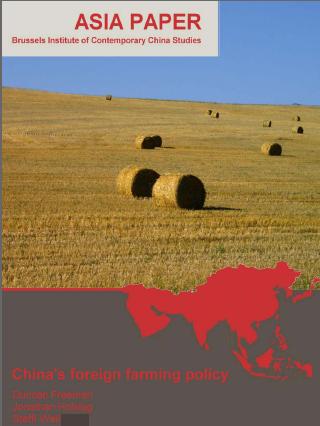
The stalled Jordanian agricultural megaproject in Sudan is expected to be resumed at the beginning of 2009
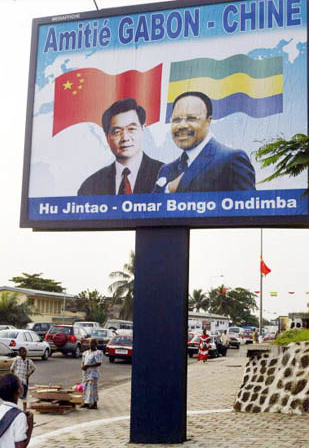
Saudi Arabia is in a better position to forge politico-economic partnerships with other countries with a view to achieving food security. The best partner in this respect is Sudan, known as the food basket of the Arab world. But foreigners are reluctant to invest in Sudan and the efforts made by the Sudanese government to overcome this reluctance have not met with much success.

The initial welcome given to rich countries’ investment in African farmland by agricultural and development officials has faded as the first ventures prove to be heavily weighted in favour of the investors. The FAO warned of such a trend when it said this year that the race to secure farmland overseas risked creating a “neo-colonial” system.
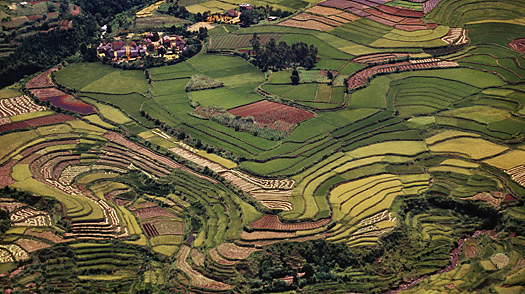
South Korea's Daewoo Logistics will plant corn in Madagascar, a company official said on Tuesday, with a long-term aim to replace more than half the corn it currently imports from mostly the United States.
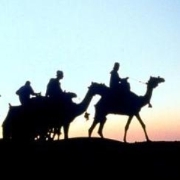
Due to the lack of arable land in its home market, Savola must look abroad for agricultural land and has named Sudan, Egypt, Ethiopia and Ukraine as target countries where it plans to buy the land necessary to grow seeds such as sunflower and corn seeds.

Gulf nations now are quietly scouring the globe for rich farmland to rent or buy outright.
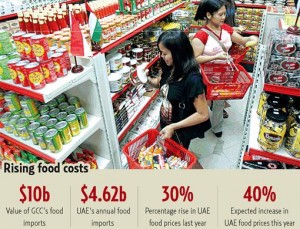
As the Gulf's agricultural production rates slow and food prices around the world continue to rise, GCC members are investing heavily in the fertile lands of Africa and Asia.
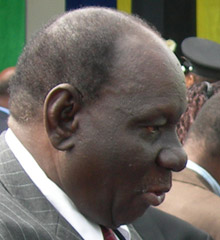
Interview with Sudanese government and FAO officials on leasing farmland to foreign investors

This analysis looks at how the oil-rich Muslim economies could leverage their existing relationships with agriculture based Muslim economies (which have a wide productivity gap with the worlds net agriculture exporters) taking them to globally competitive levels; reaping for themselves high investment returns, securing their own food sources, and contributing to alleviation of the food crisis from other Muslim countries.
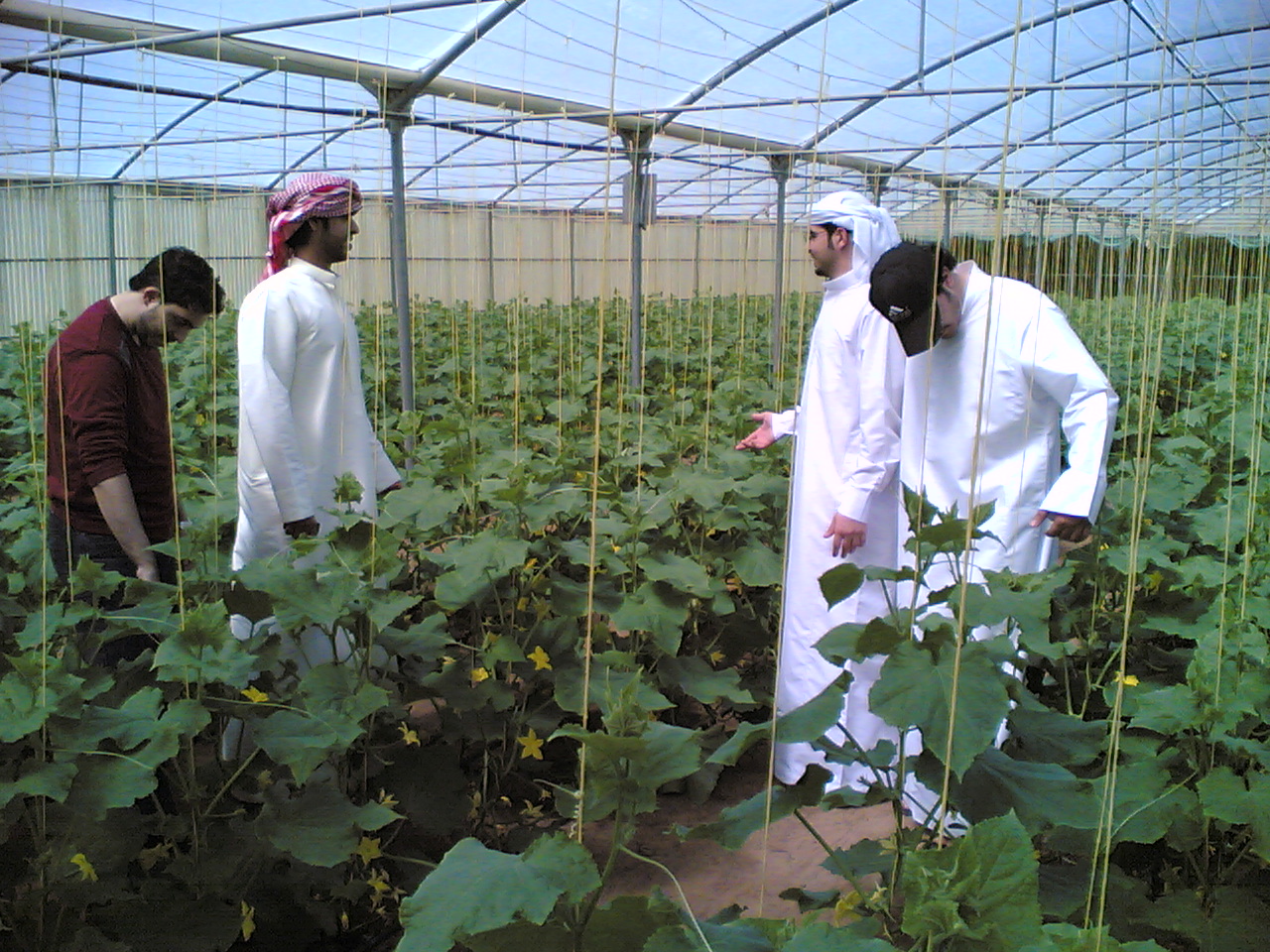
Recently, Sudan was reported to have leased more than 800,000 hectares of its most fertile land to the Saudis. Several other Gulf countries, including Egypt, are in the process of closing similar deals. It is expected several hundred thousand hectares more will be leased out by the end of this year. The lease tenure is 99 years. At least two generations of Sudanese will have to live with the decisions made by their leader.
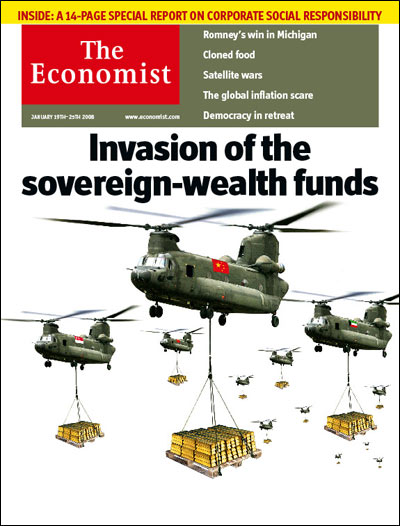
Sudanese Ministry of Agriculture and Forestry will spend three billion Sudanese pounds (1.5 billion USD) up to the end of the year to implement a massive program to develop the agricultural sector.